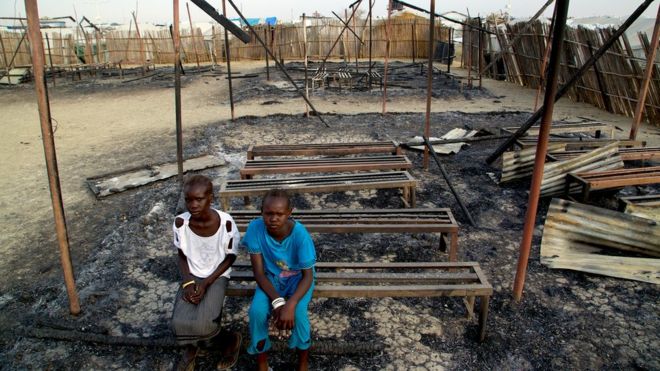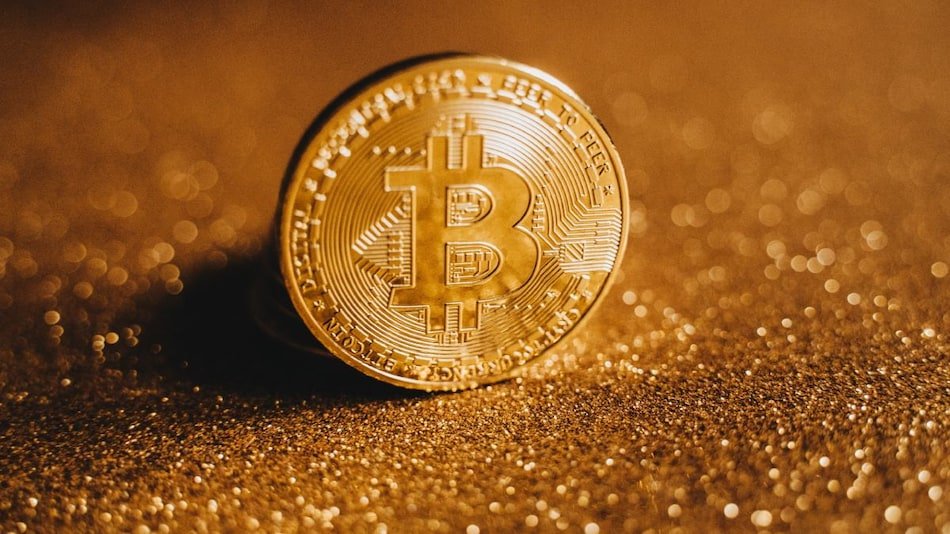
The target set by world leaders for all children to have at least a primary education by 2030 is likely to be missed on current trends, warns a report from Unesco.
The UN agency says at the current rate of progress it will take until 2042.
It is only a year since the Sustainable Development Goals, which included the promise for schools, were launched.
The Unesco report suggests there are 61 million children of primary age who do not have access to school.
The 2016 Global Monitoring Report, launched by Unesco, shows that without a significant change the global promise for universal primary education by 2030 is unlikely to be reached.
It will be 2084 before all pupils have access to the end of secondary school, says the annual report on international education.
Conflict zones
The most limited access to schools is in the countries which are the poorest or most troubled by conflict.
Niger, South Sudan, Burkina Faso, Afghanistan, Mali and Chad are among the nations in which children are likely to spend the least time in education.
The report blames “chronic underfinancing for education” for the lack of sufficient progress – and warns that international aid for education is below the levels of 2010.
The lack of education is also far worse among the poorest communities.
Among the poorest rural girls, only 1% are likely to reach upper secondary school.
Missed targets
The report from Unesco highlights the benefits of wider access to education – helping to build more stable, prosperous, peaceful societies, improving health and reducing child deaths.
It says that inequality in education “heightens the risk of violence and conflict” and that countries with high levels of education are much less likely to face conflict and war than the poorest, least-educated countries.
The study says if there was universal upper secondary education by 2030, per capita income in poorer countries would increase by 75% in the following 20 years.
The lack of facilities in schools is also examined, with a lack of electricity affecting many schools in sub-Saharan Africa.
The promise that all children should have the right to primary education was first made in 1990, with a commitment that it would be achieved in a decade.
When that was missed, another 15-year target was set in 2000.
In 2015, the Sustainable Development Goals were adopted by world leaders, setting development targets to be reached by 2030.
A year later, Unesco is suggesting that the promise of universal primary education is already off track.
If it really does take until 2042, it will be more than five decades after the international community made its first promise.
“This report should set off alarm bells around the world and lead to a historic scale-up of actions,” said Jeffrey Sachs, economist and UN special adviser.
“The gaps in educational attainment between rich and poor, within and between countries, are simply appalling,” said Mr Sachs.
“Today’s children will be retiring before we manage to provide a decent education for every child,” said Vikas Pota, chief executive of the Varkey Foundation, which runs the annual Global Teacher Prize.
“It is truly appalling that between 2013 and 2014 education aid actually fell by $600m – a sign that international political will has dissipated on the subject.”
Separate figures published last week by Unicef showed that Liberia has the highest proportion of children missing out on primary education, with almost two-thirds out of school.
In South Sudan, Unicef reported that 59% of children do not have access to primary school, with many schools shut by conflict. In Nigeria, the UN agency says more than a third of primary age pupils are out of school.
[Source:- BBC]








